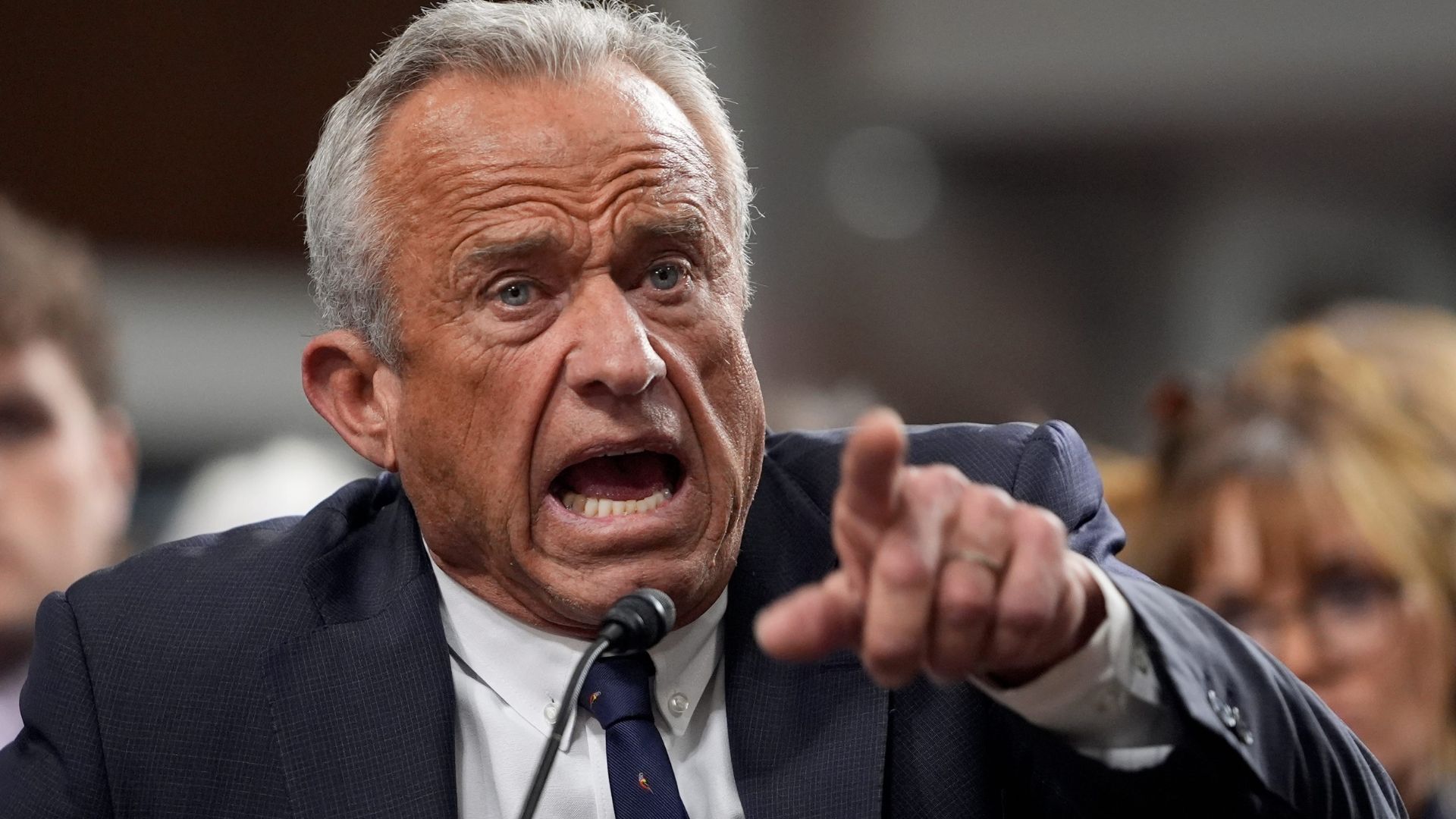Elon Musk, CEO of Tesla and X (formerly Twitter), has publicly criticized California Governor Gavin Newsom over a new law that bans local voter ID requirements.
The new legislation, signed by Newsom on Friday, prohibits cities and counties in California from enforcing voter ID requirements during elections.

Governorgavinnewsomprop13tourvistadelmonte6102
The law was part of a broader voting rights bill aimed at protecting access to the ballot box, but it has sparked controversy and drawn criticism from those advocating for tighter election security measures.
BREAKING: California Governor Gavin Newsom just signed a bill barring local governments in the state from establishing local laws requiring residents to present identification to vote.
Now ask yourself why anyone would want such a law… pic.twitter.com/Qre3cAGmJ5
— Libs of TikTok (@libsoftiktok) September 30, 2024
Patriotic beachwear for freedom lovers! Shop now and get 10% off with code RB10. Vet & LEO-founded.
Musk voiced his disapproval of the law in a post on X, saying ‘They just made PREVENTING voter fraud against the law.’
Wow, it is now illegal to require voter ID in California!
They just made PREVENTING voter fraud against the law.
The Joker is in charge. https://t.co/rVNwsh3jqt
— Elon Musk (@elonmusk) October 1, 2024
His comments come as part of a broader debate over voter ID laws, which proponents argue are necessary to prevent voter fraud, while opponents contend they can disenfranchise eligible voters, particularly minorities and low-income individuals.
Governor Newsom defended the legislation, arguing that it protects voting rights and ensures that all Californians, especially those in underserved communities, have equal access to voting.
Newsom also emphasized that the state already has safeguards in place to ensure election security and that adding additional voter ID requirements would create unnecessary barriers for many voters.
It comes at a time when many Republican-led states have enacted stricter voter ID laws in the aftermath of the 2020 election.
Supporters of these laws argue they are necessary to prevent potential voter fraud, though the mainstream media claims there is little evidence of widespread voter fraud in U.S. elections.
Musk’s criticism reflects a broader concern among conservatives about what they see as a weakening of election integrity in states like California.
The same people who demanded that you have a vaccine ID to travel are now demanding that there be no ID for voting https://t.co/HveazXTLB4
— Elon Musk (@elonmusk) October 1, 2024
In contrast, Democrats, including Newsom, argue that these laws help protect the right to vote and prevent unnecessary restrictions that could deter voter participation.
The law banning local voter ID requirements in California is expected to face continued criticism from conservative groups and lawmakers who argue that it will make it more difficult to ensure secure and fair elections.
California has long been a leader in expanding access to voting, and this law continues that trend by seeking to prevent any local governments from imposing additional restrictions beyond what the state requires.
Musk’s involvement in the conversation has added to the public discourse, as he continues to use his platform to speak out on political issues.
His comments on California’s voter ID law are just the latest in a series of political statements the tech billionaire has made in recent months.
With his influence in both the tech and political spheres, Musk’s criticism is likely to resonate with many who are concerned about election security and the future of voter ID laws in the U.S.
The debate over voter ID laws remains a contentious issue, with Democrats and Republicans sharply divided on how best to balance election security and voter access.
As California moves forward with its new law, the conversation over voter ID and election integrity is expected to continue both within the state and nationwide.
The opinions expressed by contributors and/or content partners are their own and do not necessarily reflect the views of LifeZette. Contact us for guidelines on submitting your own commentary.
Read the full article here









![Trump Saved Me and My Daughter’s Lives: Kathy Lee Gifford [WATCH] Trump Saved Me and My Daughter’s Lives: Kathy Lee Gifford [WATCH]](https://www.rvmnews.com/wp-content/uploads/2025/02/2025.02.22-03.51-rvmnews-67b9f2988e203.jpg)